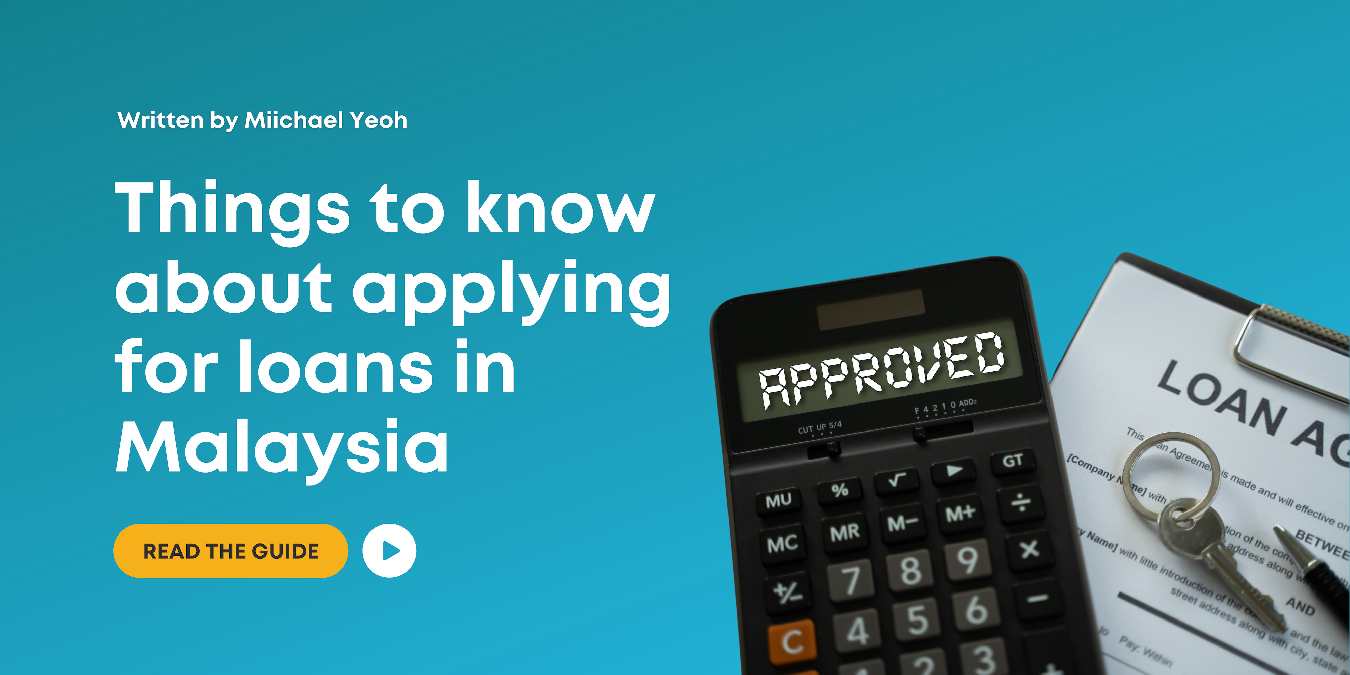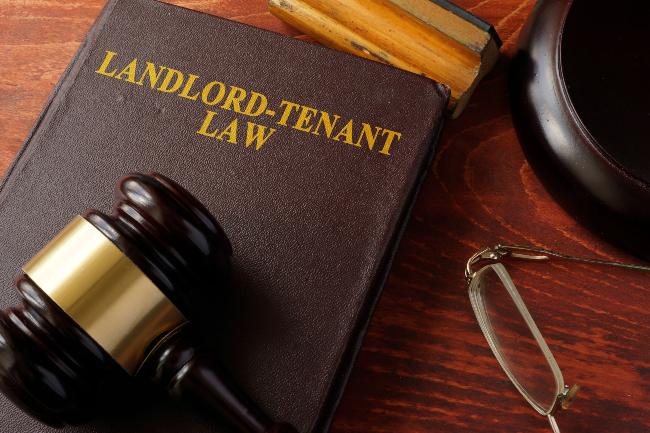What Are The Pros And Cons Of Hiring A Mortgage Broker?
Of course, approaching a mortgage broker seems to be the most convenient choice. (who doesn’t like taking the easy way out?)
However, hiring a mortgage broker has its pros and cons.
The Pros Of Hiring A Mortgage Broker:
- One-stop shop: With a mortgage broker, you’ll only need to fill out one application, and you won’t need to spend time looking for multiple lenders yourself.
- Competitive interest rates: Brokers are often able to find better housing interest rates for you than those offered by major banks.
- Well-connected: Mortgage brokers are specialised in their field, and very knowledgeable about what different lenders have to offer. A good broker can steer you away from loans that are unfavourable to you. Although a bank has a wider financial view and information available, they may not be as specialised in mortgages as a mortgage broker.
- Negotiates on your behalf: When your credit score is unfavourable, a bank will most likely reject your loan. However, a broker might still be able to arrange something for you if you have difficulty getting approved by banks.
The Cons Of Hiring A Mortgage Broker:
- Broker’s fees: Brokers require payments from either the lender, or you. If you’re the one paying for it, factor it into your mortgage costs while judging how good the deal is.
- Be sure to settle all money matters before you sign any agreements with the broker.
- If the broker’s fees are being paid by the lender, you should be concerned if you’re being led to more expensive loans because the broker earns more commission.
- No guaranteed estimates: Mortgage brokers will use the term “good faith estimate (GFE)” when presenting offers from lenders to you. This means that the broker believes the offer is representative of the loan’s final terms. However, the lender may change these terms based on your actual application, and you could end up with a higher rate, or additional fees.
- Additional mortgage broker fees: Depending on the type of mortgage you need, you might have to pay additional fees to your broker.
- No higher authority to report to: If you have an issue with your broker, you’ll need to deal with your broker directly and sort it out on your own. There isn’t a higher authority to which you can voice your complaints.
How Do I Find The Right Mortgage Broker?
There have been cases where brokers push borrowers into loans that they can’t afford.
Hence, it’s important that you choose your broker carefully, since getting a housing loan is a major undertaking.
1. Do Some Research Before You Meet A Broker
Have a good understanding of the average rates for the type of mortgage you want. You may try searching online for potential loans, and get a clear idea of what you’re looking for.
By doing so, you’ll be able to assess the broker’s terms more accurately.
Do keep in mind that a mortgage broker isn’t obligated to provide you with the “best” loan, or the cheapest ones, just the ones that are suitable under your financial condition.
If you can get a better quote from a bank, you may want to consider dealing with the bank directly.
2. Check The Broker’s Experience And Track Record
A good mortgage broker should be able to present you with a number of options, and clearly explain their reasons for recommending some specific loans to you. Top-notch brokers tend to be the ones that work with a high number of lenders.
Ultimately, no matter who you choose to deal with, there’s one thing that won’t get affected by your choice - downpayment!
.jpeg)

_PH_Banner_(Desktop)(1200x180px).png)





.png)

.jpg)


.jpeg)

